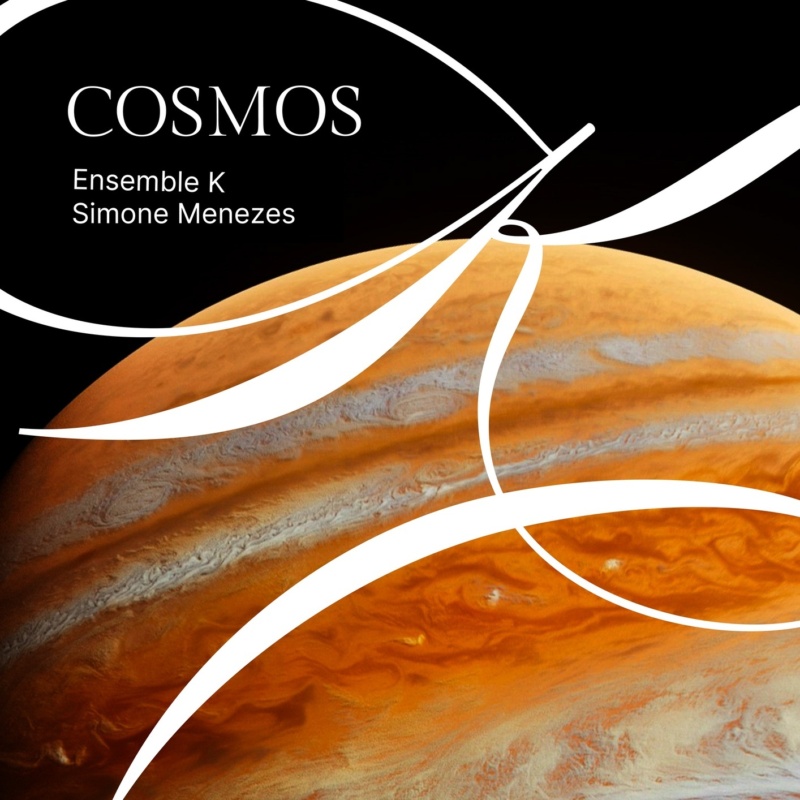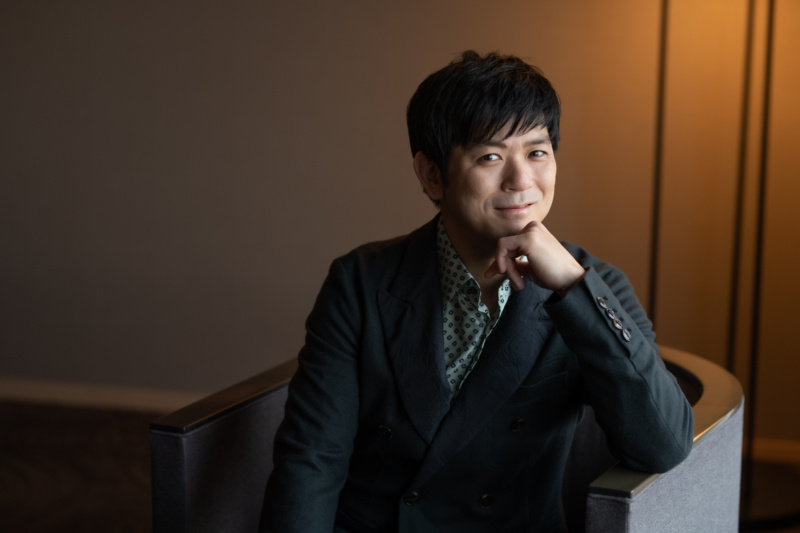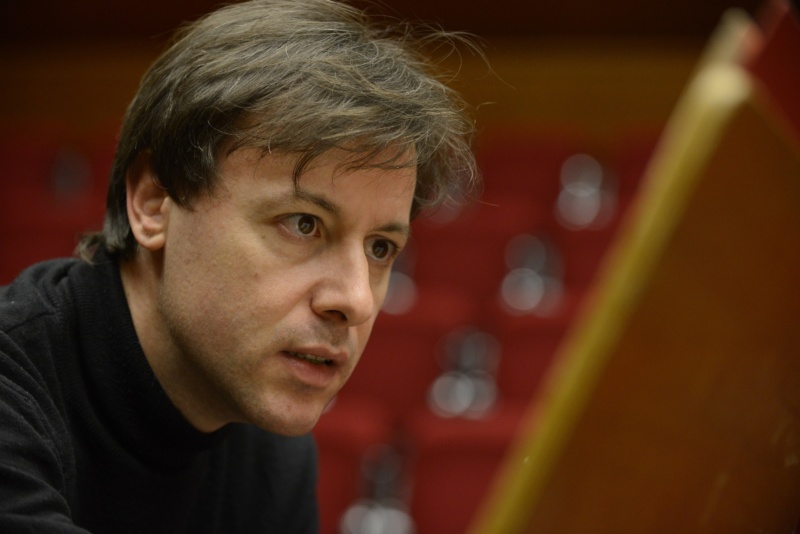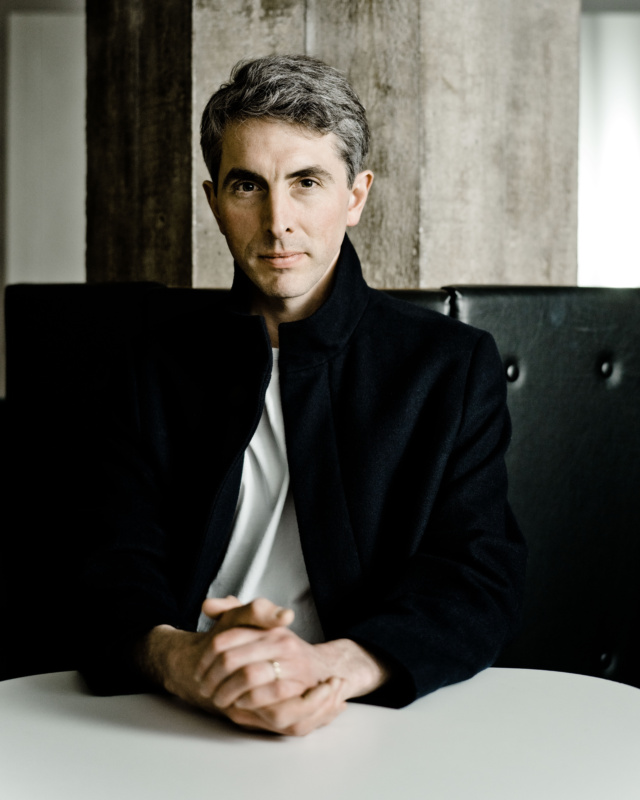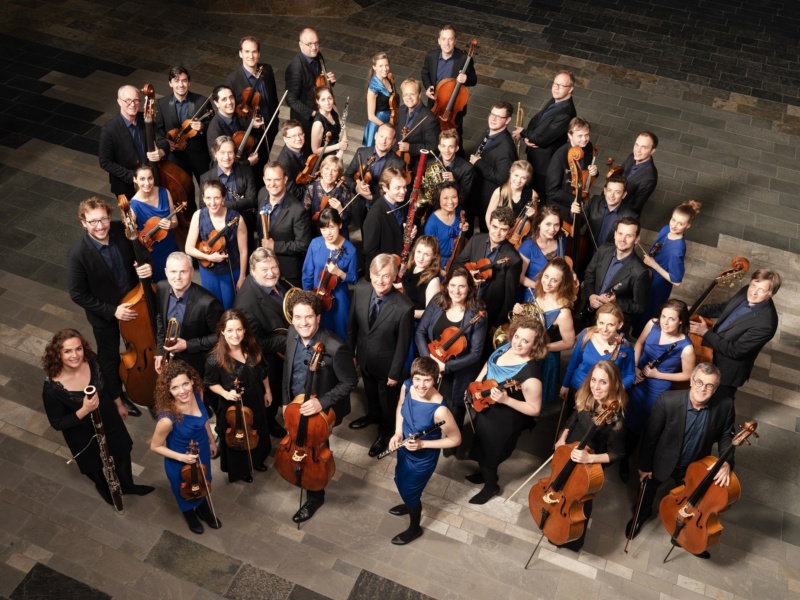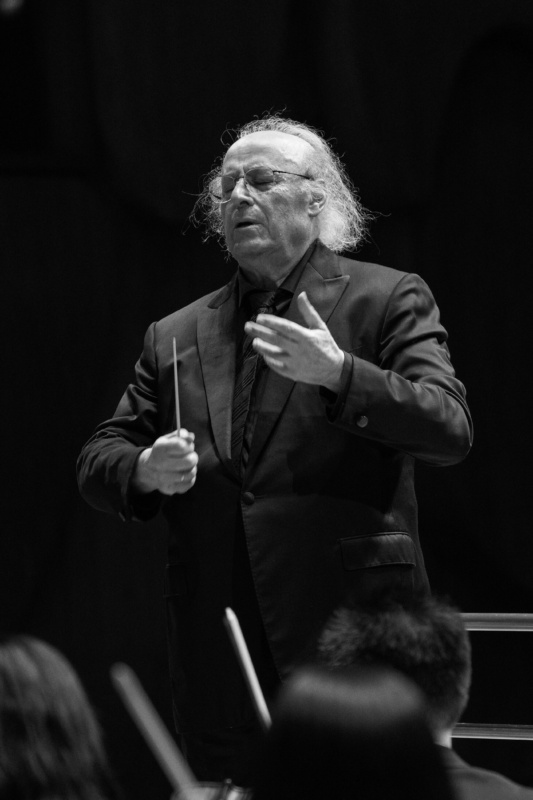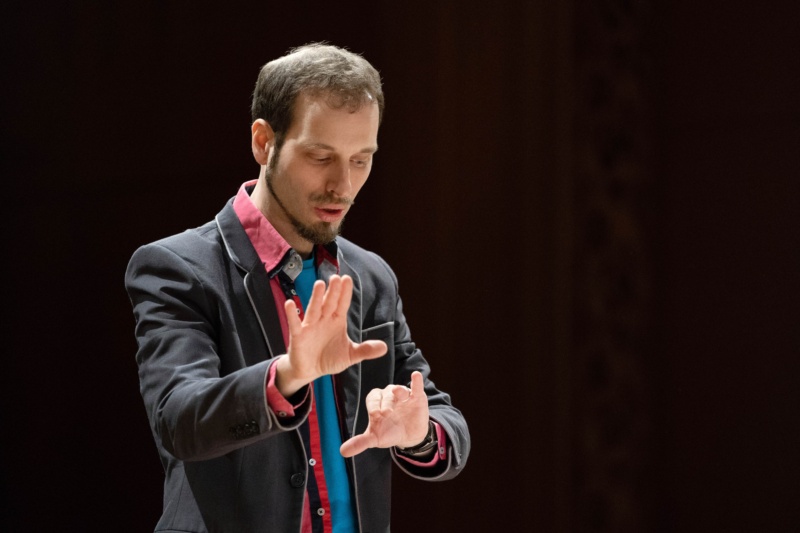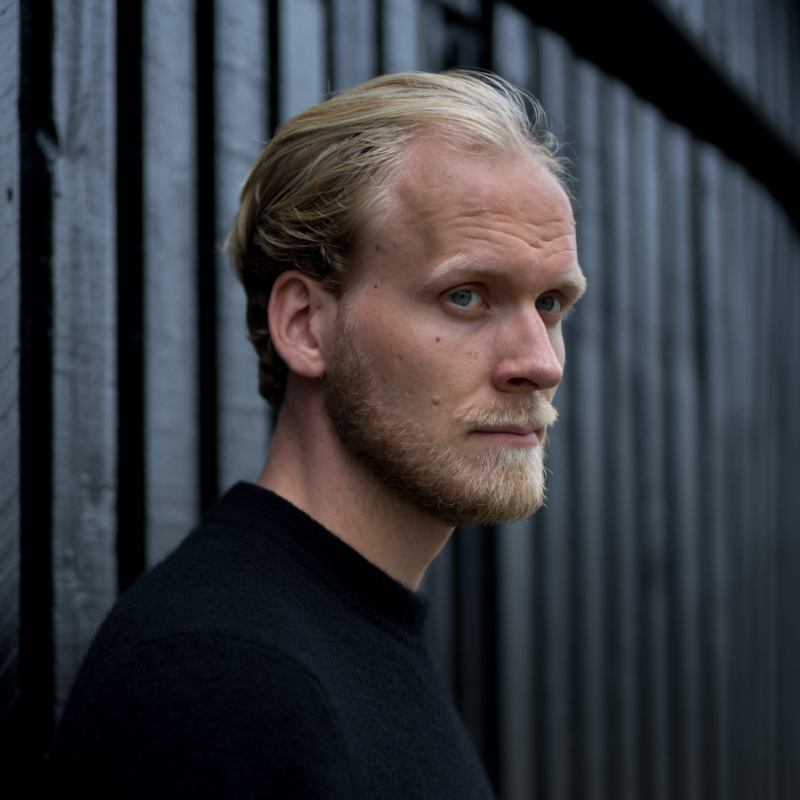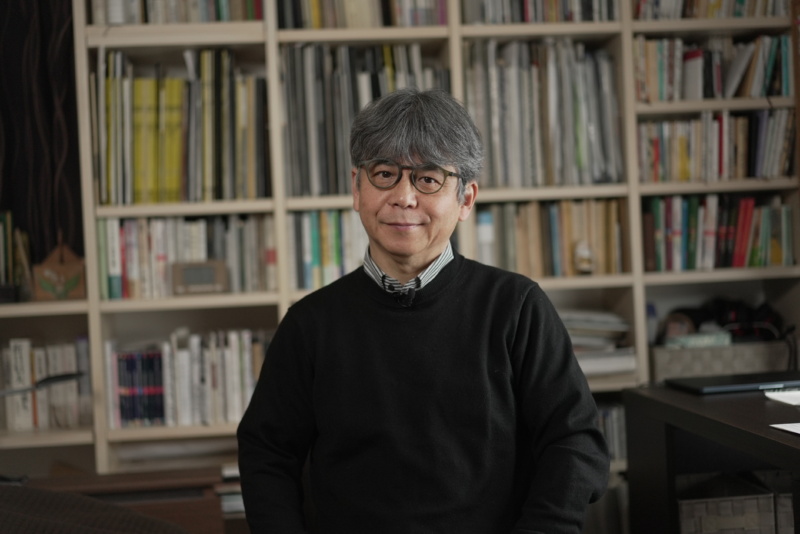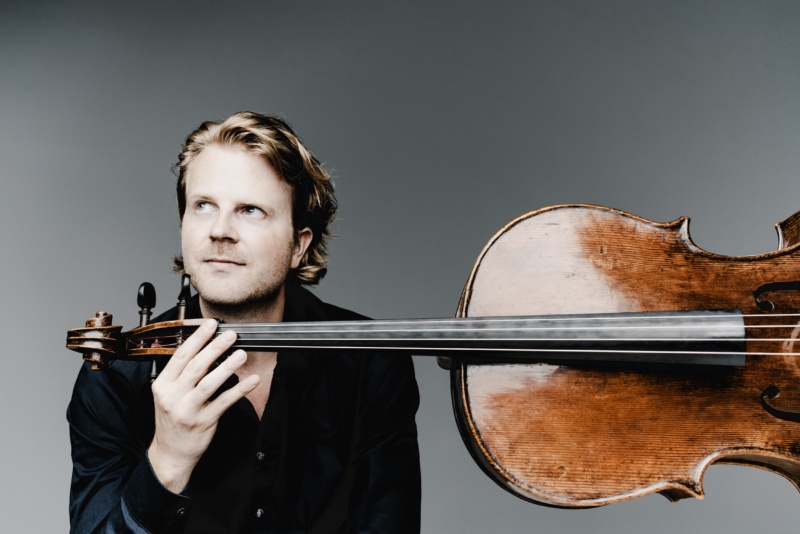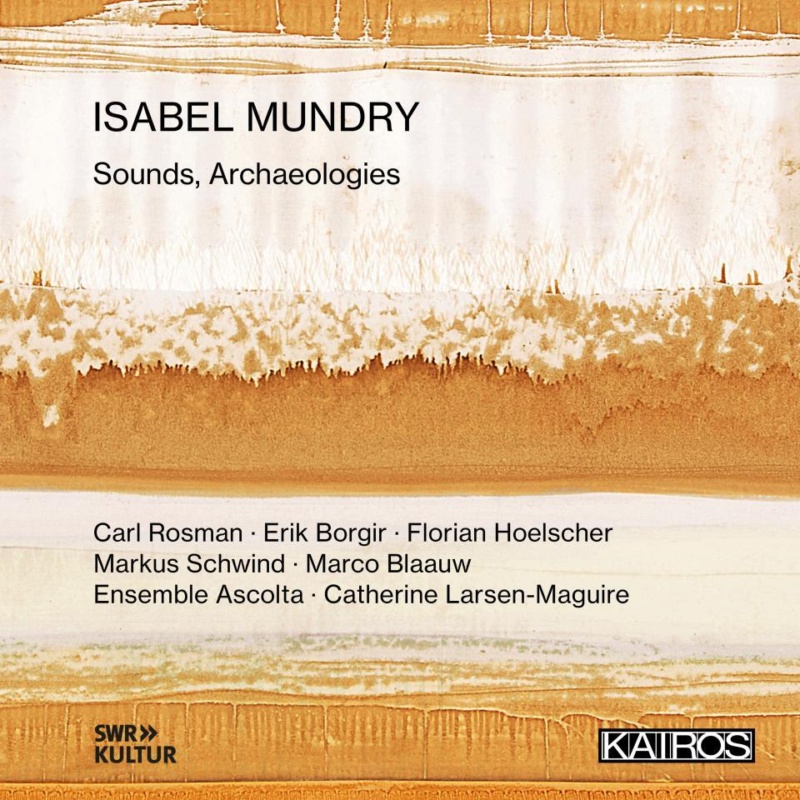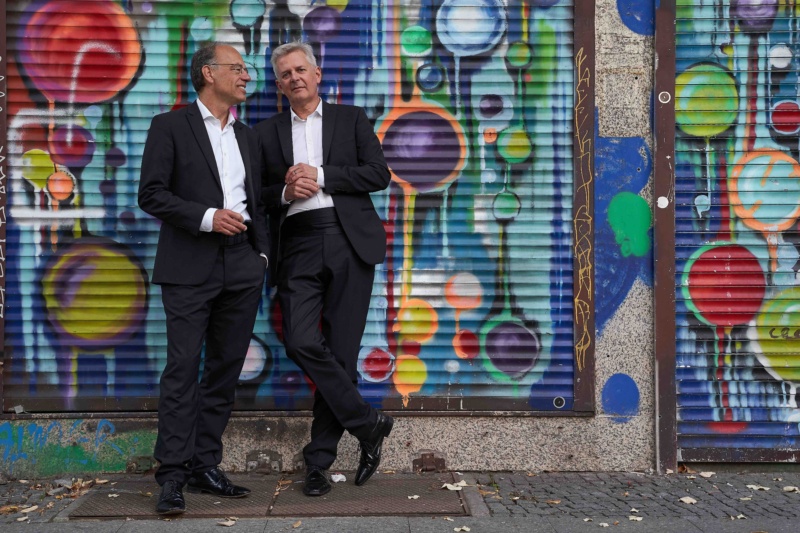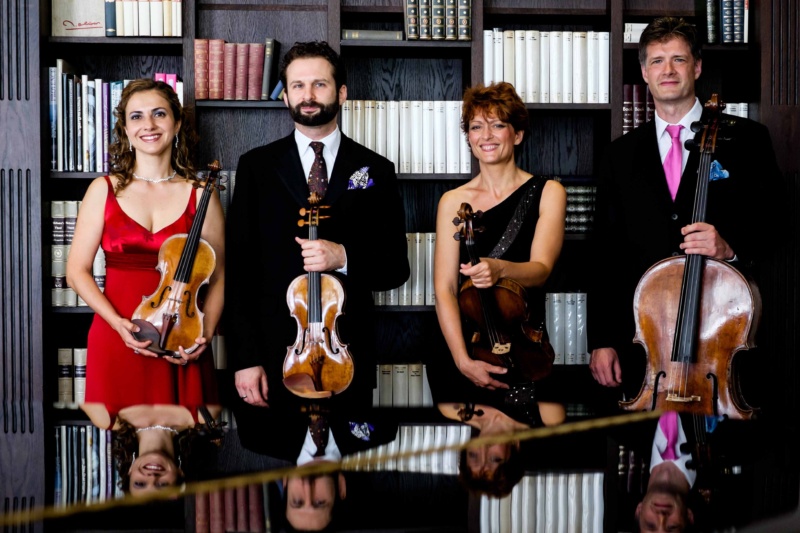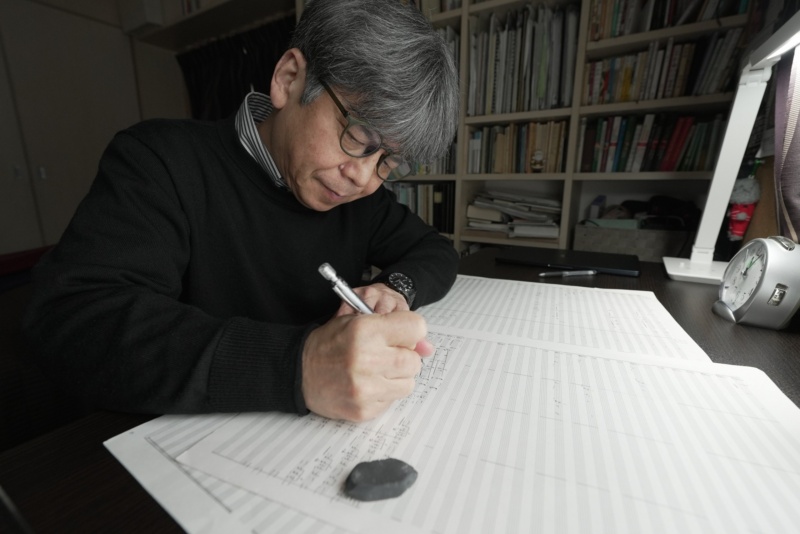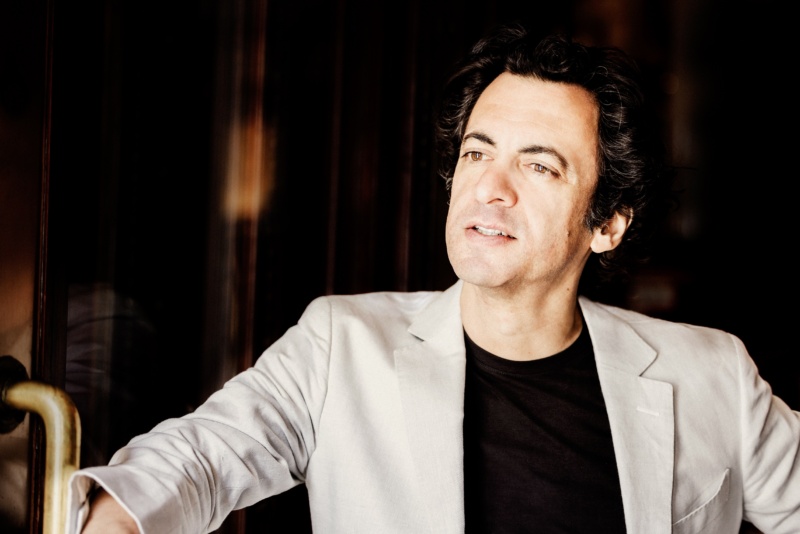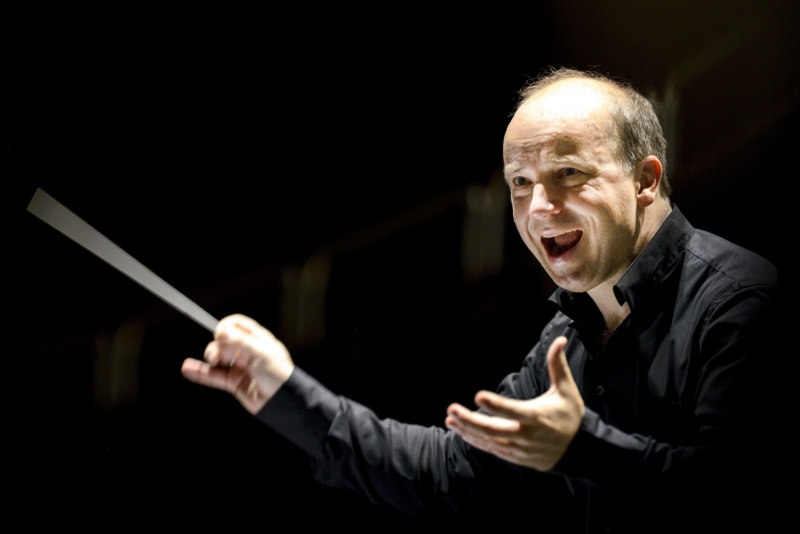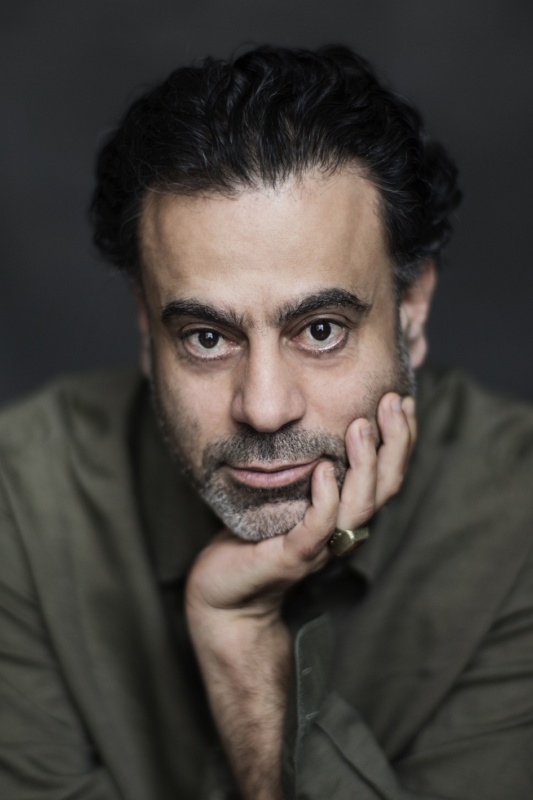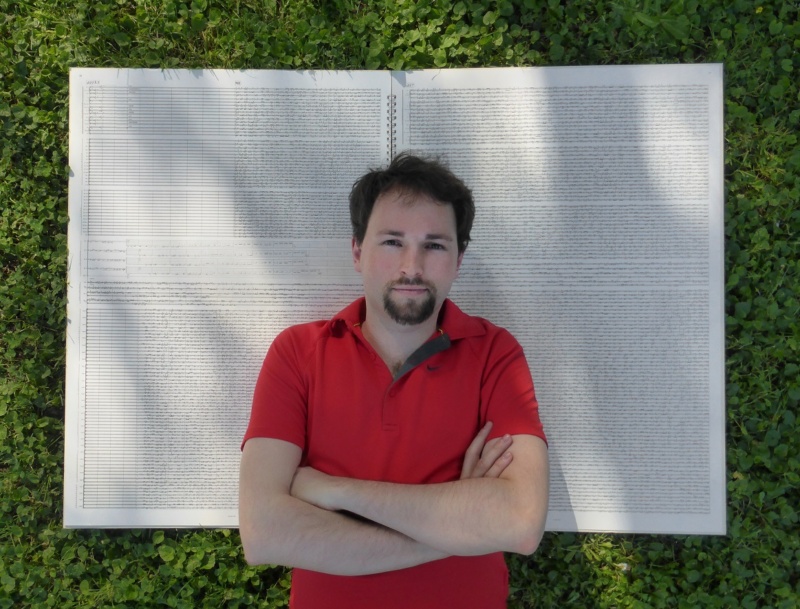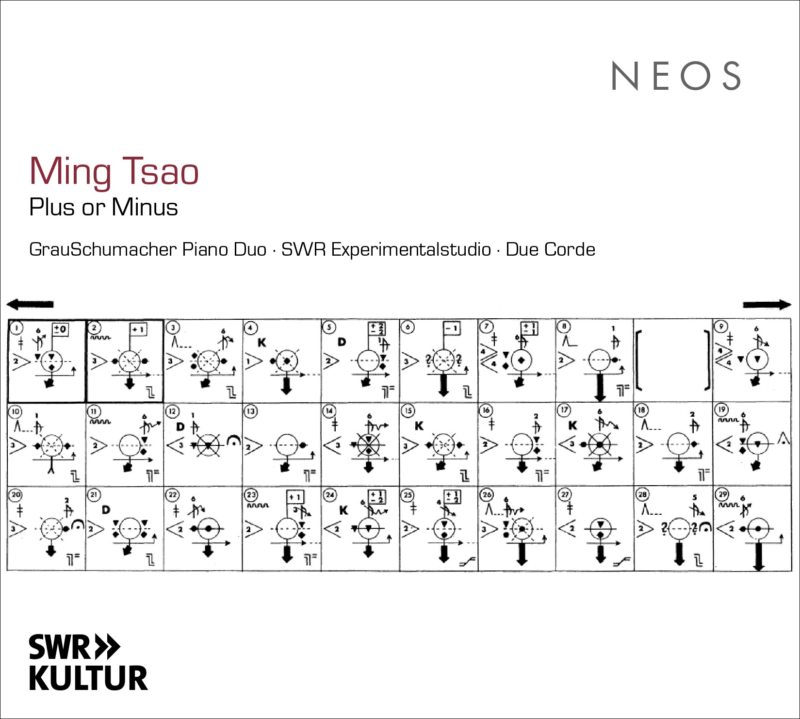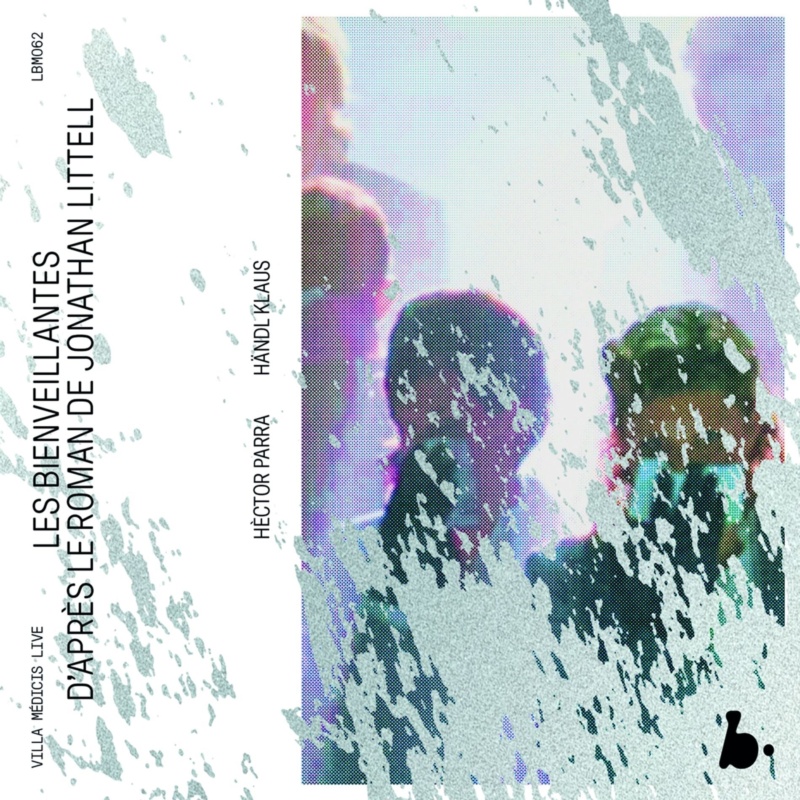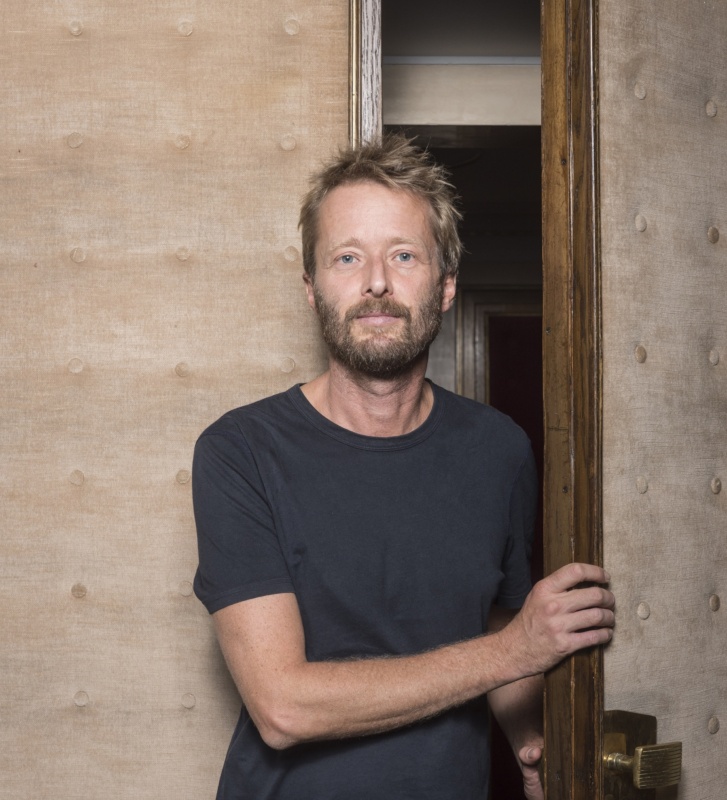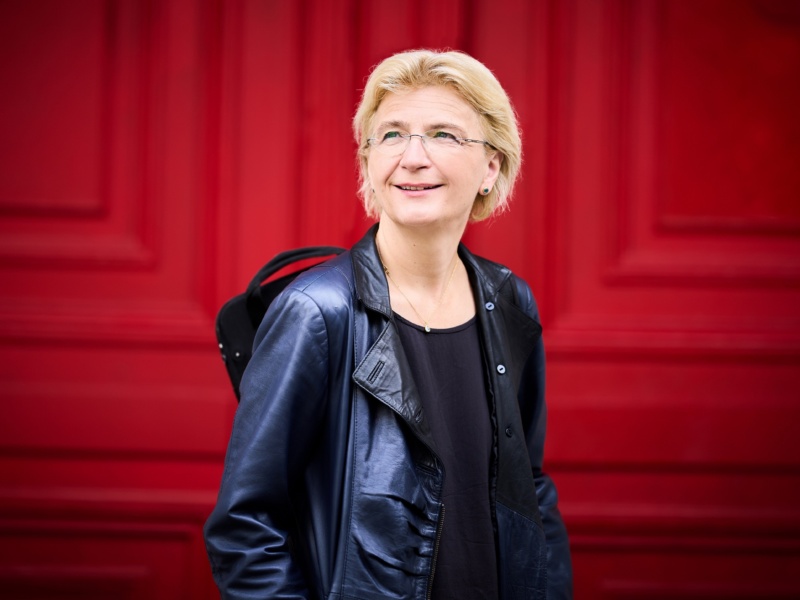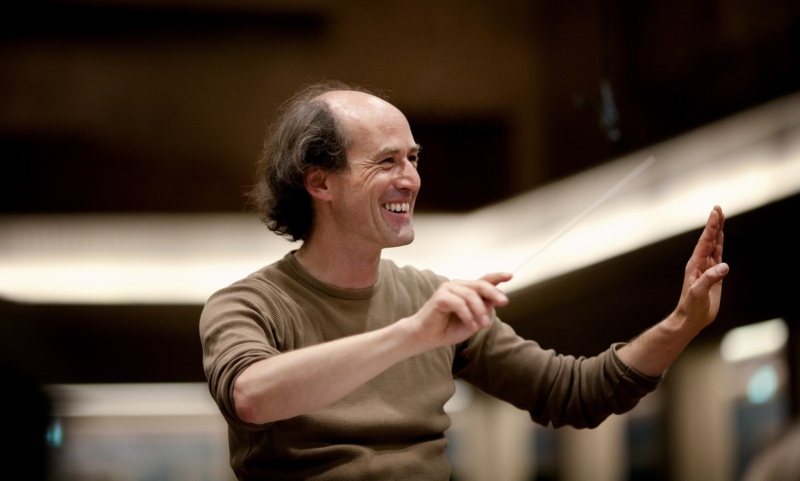The international press reported extensively on the premiere (see Refernces). An informative and insightful premiere review was provided, for example, by the Spanish magazine mundoclasico.com, which recommended the performance as: ‘(...) a truly masterful and impressive production, which resonated in the Cologne Opera House with an unusual energy like an Apocalypse Now and moved the audience to their core.’
The play, which was conceived as a ‘Martian theatre’ and has never been performed in its entirety before, consists of 220 often collage-like scenes and is dedicated to the five years of the First World War in five acts. "However, a character was invented here who does not appear in the book and who will go through all the eras," explains Philippe Manoury about his new work. "We called him Angelus Novus, after a painting by Paul Klee that was bought by Walter Benjamin and inspired him to create the figure of the Angel of History. Simultaneously messenger, witness and wandering Jew (Ahasuerus), he helplessly witnesses the downfall of humanity, which is falling prey to its own destructive madness. This role was written for Anne Sofie von Otter."
The composer had already worked with director Nicolas Stemann on the music theatre work Kein Licht, likewise labelled as ‘Thinkspiel’, based on the text of the same name by Elfriede Jelinek. Die letzten Tage der Menschheit also follows on from a whole series of acclaimed works by Philippe Manoury which were premiered by the Gürzenich Orchestra Cologne: From 2013 to 2019, the Cologne trilogy was created, with the spatial works In situ and Ring. The final part of the trilogy, Lab.Oratorium for two female singers, two actors, vocal ensemble, choir, orchestra and electronics, was again staged by Nicolas Stemann and was enthusiastically received in Cologne as well as at the Elbphilharmonie in Hamburg and the Philharmonie de Paris.
Oper Köln
